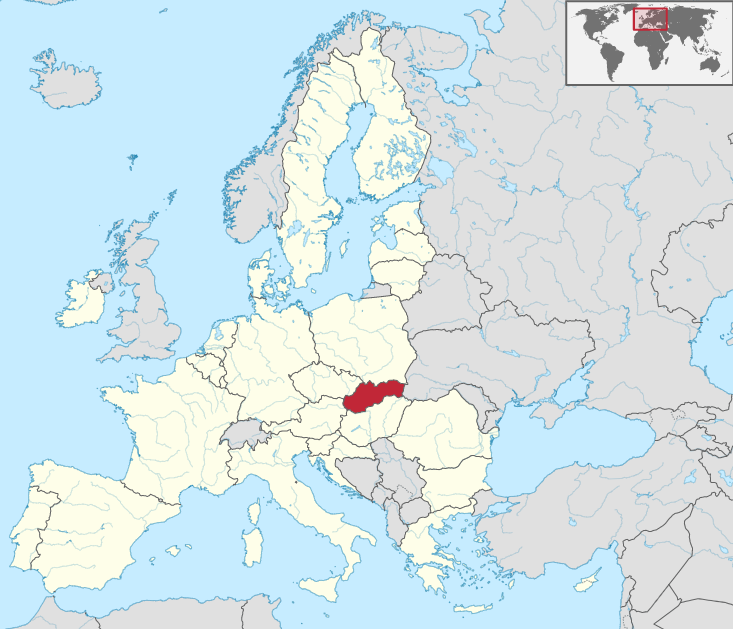OPINIONS
Date: 26 September 2022 Author: Matej Kandrik
The Three Seas Initiative is an excellent example of a sensible idea whose positive impact has been neutralized due to limited and delayed implementation. A denser energy, transport and digital infrastructure network, which is the main idea of the Three Seas Initiative, would provide us with a stronger and more resilient position in the face of the consequences of a Russian military attack on Ukraine. Better connectivity means more options. Greater infrastructure capacity means greater resilience. Together, this means greater freedom of action and less vulnerability, which are key features if we want to emerge victorious in the ongoing conflict with the Kremlin. Even without the war, the Baltic, Black and Adriatic Sea regions would greatly benefit from a solid north-south infrastructure axis in terms of potential for economic growth, energy security.

However, crying over spilled milk without paying much attention to the drivers or the relatively slow development of the Initiative has no added value. I choose the Slovak perspective because Slovakia is the key but probably the most hesitant partner. This position can be attributed to the strong risk aversion of strategic thinking of the Slovak political elites. We are an automotive superpower with an open, export-oriented economy, closely linked to several EU members, especially Germany. It is the basic vector of Slovakia’s foreign trade and has no desire to flirt with the Three Seas countries, which in Bratislava was perceived as the first stage of creating a new political bloc under Polish leadership with the potential support of the US against Brussels.
After February 24, we face a new reality. The current Slovak government and the Polish-Hungarian political breakup over Russia probably reduce the risk of the Three Seas Initiative turning into a political bloc opposing Brussels. At the same time, the war in Ukraine has highlighted the need for a more robust, resilient infrastructure network, especially in the energy and transport sectors. All of these factors should offer a solid promise of a pragmatic, sectoral policy-oriented approach. In connection with the development of preliminary plans for post-war reconstruction, it is justified to discuss the role of 3SI in the process of reconstruction and integration of Ukraine. With some exceptions, most 3SI members are staunch supporters of Ukraine. In addition to immediate humanitarian aid, military and financial support, a significant diplomatic effort was also made on the status of Ukraine as a candidate for EU membership. The recent Riga Summit gave Kiev a special participating partner status, which allows it to maintain the nature of the Initiative “only for EU members” and create more space to further deepen ties with Ukraine. Such development is in line with Slovakia’s political and economic interests. Especially for the eastern regions, Ukraine offers hope for significant development. Thus, it would be more convenient if Slovakia reconsidered its approach to 3SI and applied an opportunity-seeking perspective rather than a risk-averse one. The recently published strategic foresight by the Slovak Ministry of Foreign Affairs clearly defines building a more robust energy and digital infrastructure, especially north-south connections, as a key requirement to maximize economic potential and overall resilience. The existing 3SI platform is a great place to start.
Financed by the National Institute of Freedom – Civil Society Development Center as part of the Government Program Civic Initiatives Fund NEWFIO for the years 2021-2030.
Support Us
If content prepared by Warsaw Institute team is useful for you, please support our actions. Donations from private persons are necessary for the continuation of our mission.
All texts published by the Warsaw Institute Foundation may be disseminated on the condition that their origin is credited. Images may not be used without permission.

















